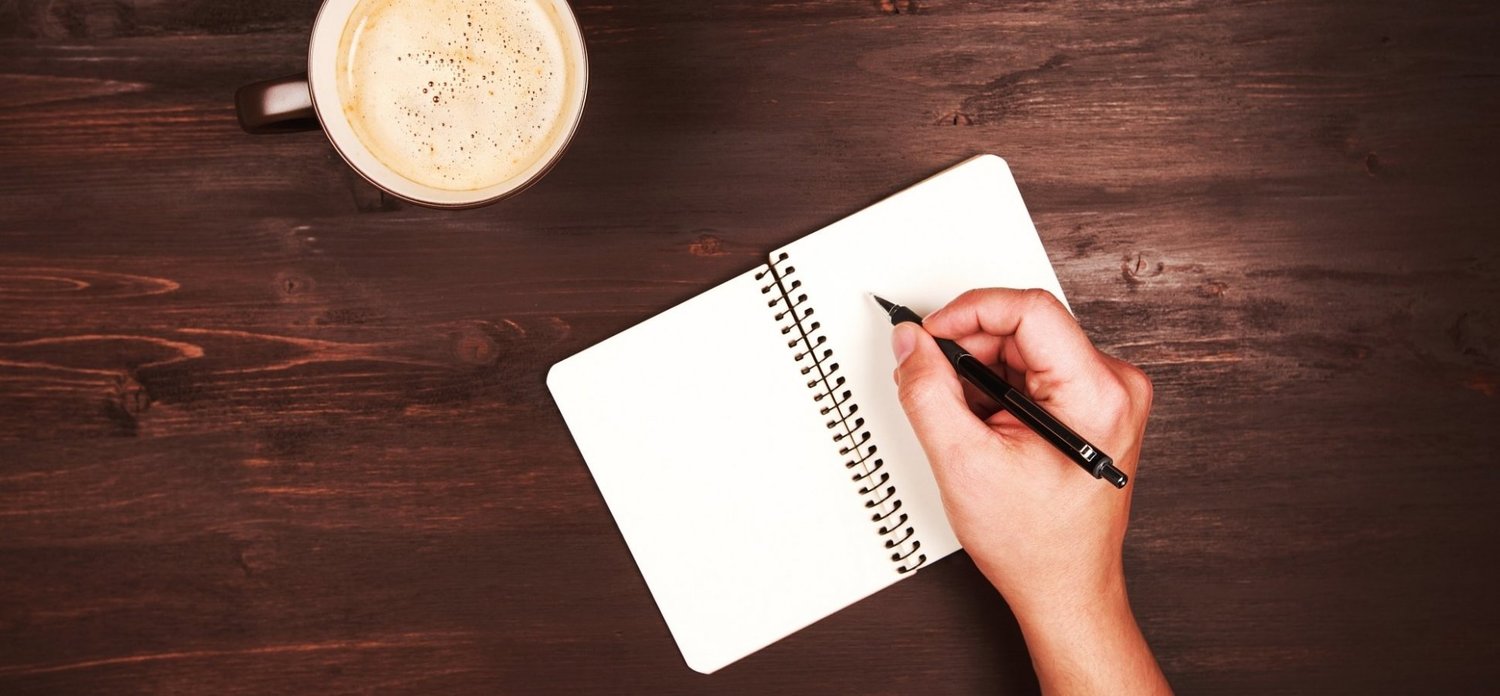Are you on the path to personal mastery and self-improvement? If so (and I hope you are), I want to offer you a powerful daily morning routine that has four key themes: giving, gratitude, breathing, and growing (in that order).
But fair warning: Sometimes when we think about self-improvement, we emphasize “me” too much at the expense of “we” or others. Most of these exercises will benefit you but also the other person.
As you make these quick morning rituals habitual and rewire your brain to become more positive, you’ll start to see immediate benefits: more inner peace, lasting joy, and, ultimately, greater success, as people will be drawn to you like a magnet.
The activities below can be done in as little as a few minutes per day. You’ll see a time limit for each activity and a running time to keep you at a reasonable 32 minutes.
1. Give the gift of a “five-minute favor.”
We’ve all heard this cliché growing up: “It’s better to give than to receive.” It’s true and you don’t even have to whip out the wallet.
A Harvard Business School report concluded that the emotional rewards are the greatest when our generosity is connected to others. The bottom line? It’s the social connection tied to the giving — whether to a person in need or a grassroots charity close to your heart — that gives the giver the greatest psychological benefit and boost of happiness.
One of the best ways to give without spending a cent is doing a “five-minute favor.”First described in Wharton professor Adam Grant’s bestseller Give and Take, five-minute favors are selfless giving acts that are done without asking for anything in return, no strings attached.
Examples of five-minute favors include: sharing knowledge, making an introduction, serving as a reference, writing a quick book review, or recommending someone on LinkedIn, Yelp, or another social place.
Grant points out that by paying it forward, you are more successful without expecting a quid pro quo. And you aren’t just helping others in five focused minutes of giving. You are also supporting the emotional spread of this practice–it becomes contagious.
Morning running time: 5 minutes
2. Write down three acts of gratitude.
Each morning for 21 days (I’ll explain why shortly), find a quiet place with no distractions and write down three new things for which you are grateful. Spend no more than 2 minutes on this exercise.
Perhaps something about your co-workers, a recent project that impacted your organization, your advancing career path, or something that is working really well for you? Don’t forget: Do it for 21 straight days.
Here’s the context: Positive psychologist Shawn Achor, New York Times best-selling author of The Happiness Advantage, cited compelling research that says when you train your mind to scan for positives instead of negatives, and you do it for 21 consecutive days, this specific activity is the fastest way to teach optimism. No joke! Achor says it will significantly improve your optimism even six months later.
Morning running time: 7 minutes.
3. Use a breathing exercise to de-stress.
Feeling tense and stressed about an upcoming event or deadline? Maybe angry or anxious about something that happened the previous day? I have a remedy for you, courtesy of Emma Seppälä, science director of Stanford University’s Center for Compassion and Altruism Research and Education and the author of The Happiness Track.
Seppälä writes in her blog that our breath changes depending on how we feel: short and shallow when stressed, deeper when we’re relaxed; it even changes when we sigh, yawn, sob, or laugh. But according to Seppälä, most of us probably aren’t aware that, “just as the breath changes depending on how we feel, we can also change how we feel using our breath.”
She’s onto something special here, and it could change how you go about your day the minute you walk out the door. Let me direct you to Seppälä teaching us a unique five-minute breathing exercise to lower our stress and improve our well-being. Thank you, Emma Seppälä!
Morning running time: 12 minutes.
4. Learn something new over a coffee chat.
Now that you’re calm and at peace with yourself and ready to take on the day, think about someone whom you could invite to coffee before heading into the office. The purpose of the coffee chat? To absorb knowledge and learn something new from that person.
The best conversations in life are initiated by learning about what other people do, how they do it, and why they do it. People love to talk about themselves, and if you’re smart enough, you’ll let them!
So be the person who shows up to coffee with the humble gesture of “I want to learn from you.” It will make you better and the other person will appreciate the chance to pay it forward.
Want to go a step further? Seek out someone considerably younger than you (a young Millennial if you’re a Gen-Xer or Boomer) who brings real value to your work or life in an area unfamiliar to you, and learn from that person. This is what we call having a “reverse mentor.”Clear and memorable,
If you’re not convinced it’s time well spent, science may change your mind. Several studies have found that happiness comes from experiential purchases that involve other people, like going out to dinner or coffee with someone you’ll enjoy spending time. When you do, it improves your well-being more than material possessions and high-tech toys. “It may be less the doing that creates happiness than it is sharing the doing,” the authors of one study explain.
Originally published at www.inc.com
